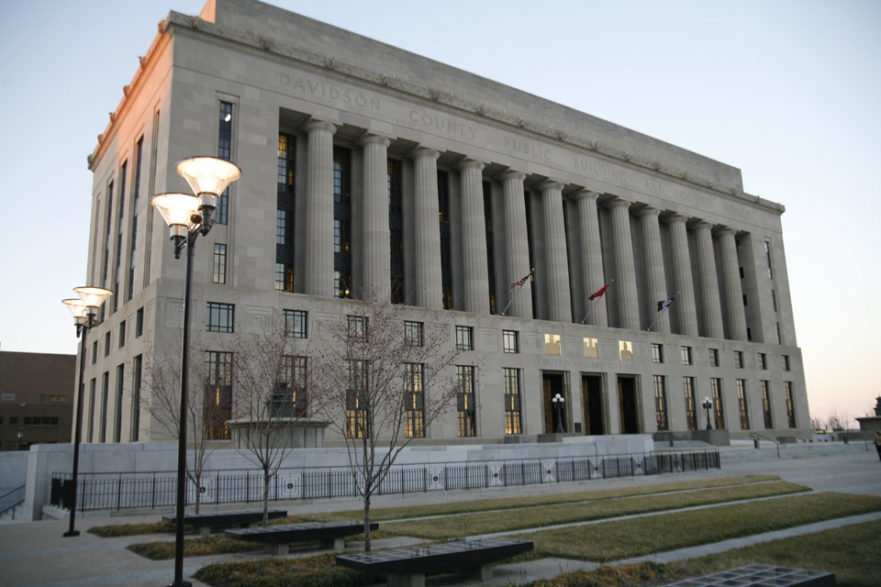Starting and running a nonprofit organization is a considerable challenge. Between raising money, securing the necessary exemptions and maximizing your charitable contributions and services, there is a lot that organizers and board members need to consider.
Unfortunately, no matter how well intentioned you may be, you could run into some serious issues and ultimately lose tax exemption if you do not comply with the necessary regulations.
Common noncompliance issues
Numerous types of missteps and oversights can lead to allegations of noncompliance. These include:
- Failure to register in Tennessee (or other states from which you solicit contributions)
- Tax violations
- Inaccurate reporting of fundraising profits and expenses
- Conflicts of interests involving board members
- Substantially benefitting private interests instead of public interests
- Failure to file annual reports
- Improper use of real and/or personal property
These and other violations of nonprofit regulations can lead to serious penalties.
Penalties that you could face
The legal and financial efforts that nonprofit work can demand are often overwhelming, especially when your focus is on meeting the needs of people or accomplishing a charitable, religious, or educational purpose. However, you cannot shirk these responsibilities.
If you fail to comply with any laws or regulations as a nonprofit, you could face harsh penalties and legal actions including being investigated by the Attorney General, substantial fines and even the dissolution of the organization.
Avoiding these penalties and protecting your non-profit
In order to avoid costly, embarrassing penalties for yourself, your board and your organization, you should discuss any regulations and compliance questions with an experienced attorney. With legal guidance and support, you can identify and avoid potential violations and take action to remedy or avoid them before they lead to serious consequences.

